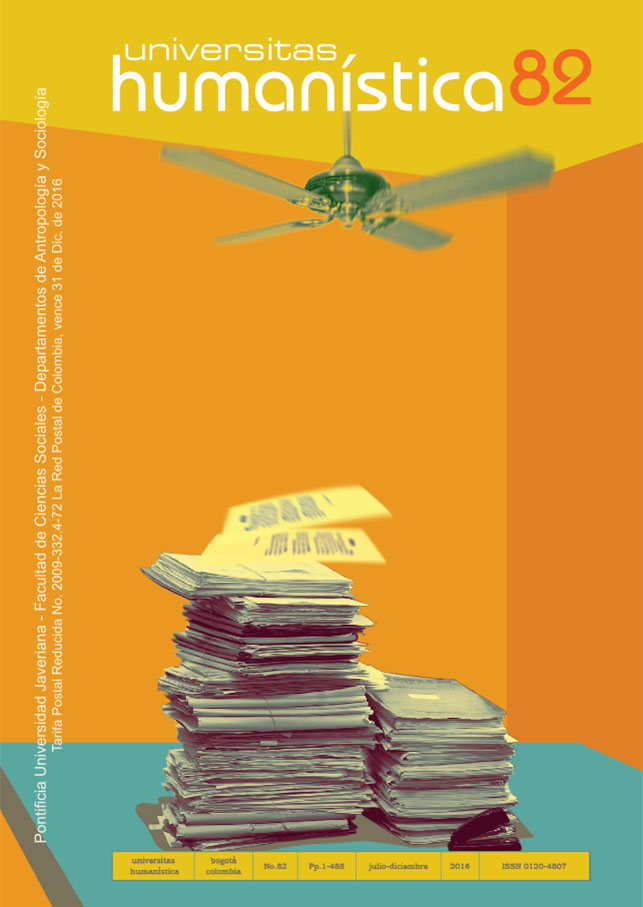Abstract
In a context of acknowledgement of indigenous communities across the entire Argentinian Republic – and by means of an ethnographic study in the center-west of the nation – we analyze the daily work, as well as discourses and representations of the officers of two state institutions of the Mendoza province. One of these is in charge of water management and the other is in charge of the department territory that the Huarpe indigenous community inhabits. The officers of both institutions understand said communities in different ways. The first discredits their current presence and justifies with scientist discourses their refusal to send water provisions. The second acknowledges their rights, although it limits their capacity for collective action based on several contradicting forms of identity questioning. We present that, despite the differences, both adopt feigned forms to acknowledge rights related to autonomy, participation, and access to natural lands, covering private interests and some state authoritarianism.

This journal provides immediate open access to its content on the principle that making research freely available to the public, encourages greater global exchange of knowledge.
The journal Universitas Humanística is registered under a Creative Commons Attribution 4.0 International Public License. Thus, this work may be reproduced, distributed, and publicly shared in digital format, as long as the names of the authors and Pontificia Universidad Javeriana are acknowledged. Others are allowed to quote, adapt, transform, auto-archive, republish, and create based on this material, for any purpose (even commercial ones), provided the authorship is duly acknowledged, a link to the original work is provided, and it is specified if changes have been made. Pontificia Universidad Javeriana does not hold the rights of published works and the authors are solely responsible for the contents of their works; they keep the moral, intellectual, privacy, and publicity rights.
Approving the intervention of the work (review, copy-editing, translation, layout) and the following outreach, are granted through an use license and not through an assignment of rights. This means the journal and Pontificia Universidad Javeriana cannot be held responsible for any ethical malpractice by the authors. As a consequence of the protection granted by the use license, the journal is not required to publish recantations or modify information already published, unless the errata stems from the editorial management process. Publishing contents in this journal does not generate royalties for contributors.


